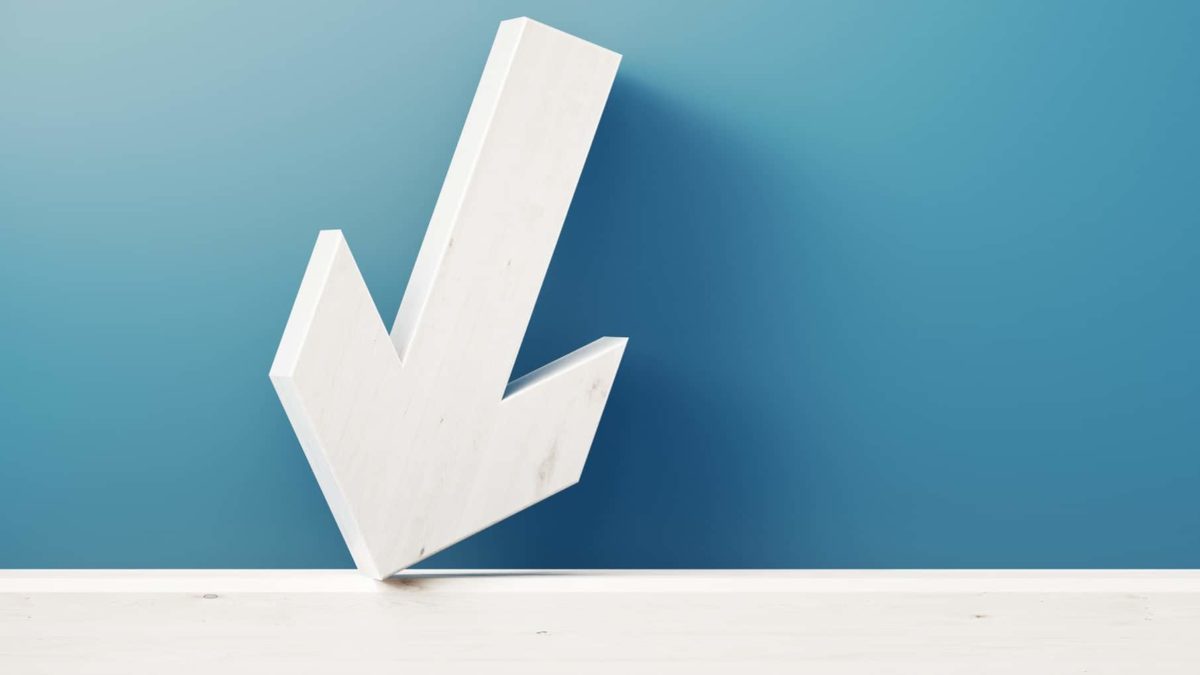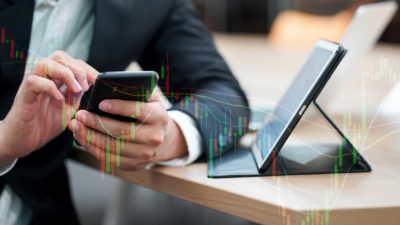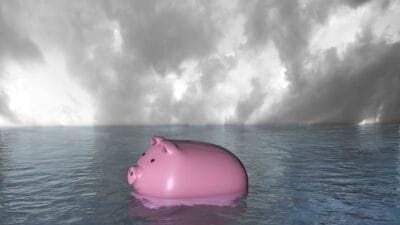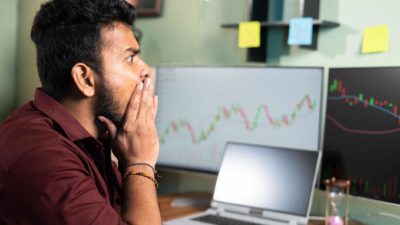Shares in construction materials magnate Boral Limited (ASX: BLD) are flat today and now trade less than 1% in the green at $3.64.
After going ex-dividend earlier this month – where the company returned a mammoth $3 billion to shareholders –the Boral share price is now trading around its 52-week lows.
However, the group's half year results released last week weren't enough for investors to onboard back into Boral shares. Instead, they've remained flat until today.
Why's the Boral share price trending at yearly lows?
The big drop seen in early February is readily explained by the return of capital to shareholders. However, COVID-19 lockdowns caused an impulse of pain for the company's earnings in 1H FY22.
For instance, net profit after tax (NPAT) before significant items was down 12% year on year, leading earnings per share (EPS) to plunge 10%.
Hence, investors trimmed early gains seen after Boral's dividend and have sent the share price tracking lower during the past week after it released earnings.
Not only that, it appears that the days of big, fat juicy dividends for Boral's shareholders might be over for the time being, if language from its CEO Ryan Stokes is anything to go by.
According to reporting from The Australian, the company's chief executive reckons that Boral will use its balance sheet to fund future growth rather than shareholder accounts.
Don't forget that Boral got a circa. $2.1 billion cash bastion from the sale of its US Fly Ash business earlier this month as well, replenishing its free cash flow and current asset position after dividends.
Stokes said that the surplus capital "provides flexibility" for Boral to put its balance sheet to work, but that dividends aren't "a high priority".
Instead, the focus is on core operations and driving growth in the Australian construction materials business, the group's chief said.
What now for the Boral share price?
Boral now faces the hurdle of producing a total real rate of return – i.e. one that factors in inflation – higher than the current rate of inflation.
Capital gains won't get there, seeing as the stock is now down more than 40% for the year. However, with the 7 cents per share special dividend and interim dividend of 23 cents, this is a growth of more than 200% on last year's interim dividend. So the income component in Boral's investment debate certainly stacks up for this year.
Yet, moving forward, the language from Stokes is steering Boral away from this kind of bulky dividend, and thus the forward dividend yield and capital gain might not match up to the level of inflation.
Traditionally, market pundits seek a return that outpaces the level of inflation in the economy, as a truer measure of investment performance. This 'real return' is adjusted for inflation, versus nominal return, which just looks at the absolute numbers.
From February 2021–22, Boral easily outmatched more 'defensible' asset classes like government bonds and gold, as seen on the chart below.

However, times are different, and financial markets are now pricing in more pessimism than before, and many ASX indices are showing nervous jitters in the last month.
As such, the performance of ASX shares has faltered whereas defensible asset classes (like gold and bonds) have surged once again.
For example, since November last year one could have purchased gold bullion or the Australian Government 10 year note and received a rate of return beating inflation.
The divergence has got most pronounced since Boral's dividend date and has failed to recover, as shown on the chart below.
Both of these are traditionally lower-risk asset classes compared to stocks, but returns have been fairly lacklustre over recent years.
The yield to maturity on the 10-year is currently at 2.256%, offering a return that matches CPI growth in Australia. Meanwhile, gold bullion has curled up by 5% in this time, as the market piles into the yellow metal.

Hence it's yet to be seen if Boral will offer the superior returns to shareholders in terms of capital gains and dividends that it formerly did.
In the past 12 months, the Boral share price has fallen 29% and is down 40% this year to date.









